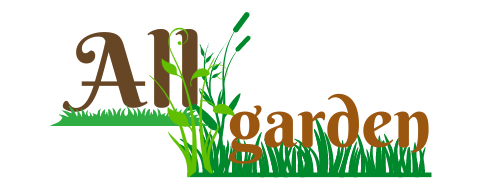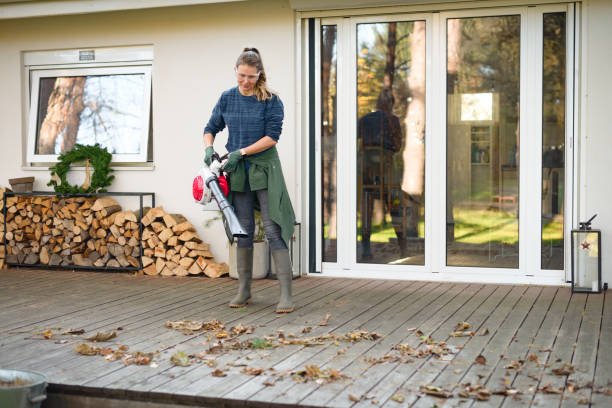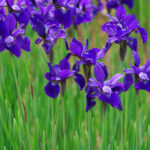A clean, well-maintained garden not only enhances the beauty of your outdoor space but also promotes the health of your plants and supports biodiversity. Regular garden cleaning activities prevent pests, diseases, and debris buildup, ensuring that your garden remains a pleasant and productive area. Whether you are preparing your garden for a new planting season, maintaining it throughout the year, or getting it ready for winter, garden cleaning is an essential part of gardening. In this comprehensive guide, we will explore a variety of garden cleaning activities and provide tips on how to keep your garden in top shape.
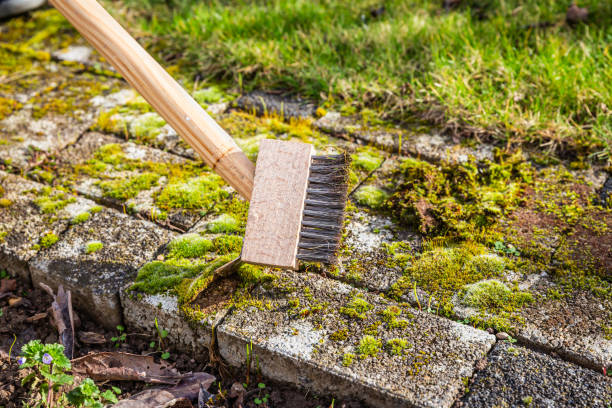
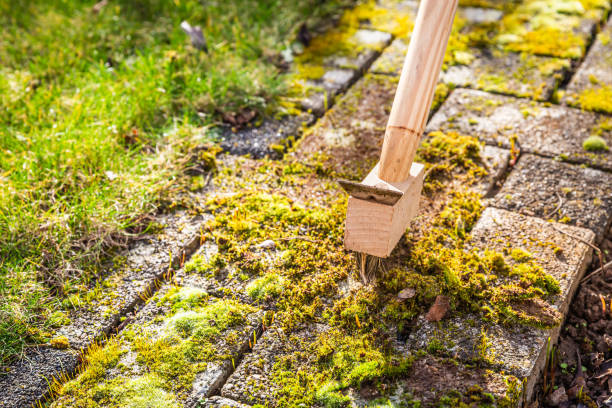
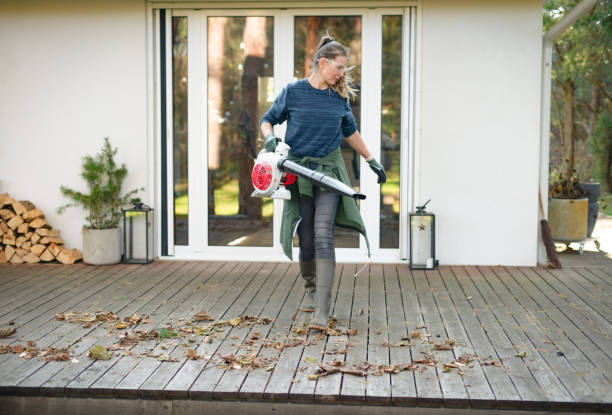

The Importance of Garden Cleaning
Garden cleaning is about more than just making your garden look neat and tidy. It plays a crucial role in the overall health of your plants and the surrounding ecosystem. Here are some of the primary reasons why garden cleaning is essential:
1- Pest Control
Pests such as aphids, slugs, and snails thrive in untidy gardens where dead plant material and debris create hiding spots. By keeping your garden clean and removing decaying leaves, old branches, and other debris, you reduce the habitats where pests can breed and thrive.
2- Disease Prevention
Fungal infections and other plant diseases often start in areas where plant material is decaying or overcrowded. Cleaning up dead plants, fallen leaves, and weeds helps prevent the spread of diseases by improving air circulation and reducing the buildup of moisture around the base of plants.
3- Promotes Healthy Growth
Regularly pruning and trimming plants not only keeps your garden tidy but also encourages new growth. Cleaning up around plants allows them to access sunlight and nutrients more efficiently, promoting vigorous growth and a more productive garden.
4- Improves Aesthetics
A clean garden is a beautiful garden. Clearing away debris, trimming overgrown plants, and keeping garden beds weed-free enhances the visual appeal of your garden. This not only makes your outdoor space more enjoyable but also increases its value and attractiveness.
5- Prepares the Garden for Seasonal Changes
Garden cleaning is especially important during seasonal transitions, such as preparing for winter or getting ready for the growing season in spring. Clearing away dead plant material, adding mulch, and pruning trees and shrubs will help your garden survive harsh weather conditions and thrive in the next season.
Essential Garden Cleaning Activities
Here is a list of essential garden cleaning activities to help you maintain a clean, healthy, and beautiful garden throughout the year:
1- Weeding
Weeding is one of the most important garden cleaning tasks. Weeds compete with your plants for nutrients, water, and sunlight. They can also harbor pests and diseases that can spread to your garden plants. Regularly pulling weeds by hand or using a hoe will prevent them from taking over your garden beds.
When weeding, be sure to remove the entire root system of the weed to prevent regrowth. Some common weeds, such as dandelions and crabgrass, have deep roots that require extra care when removing. Consider mulching your garden beds to suppress weed growth and keep the soil moist.
2- Deadheading and Pruning
Deadheading is the process of removing spent flowers from plants, which encourages further blooming and prevents plants from going to seed prematurely. Regular deadheading keeps your garden looking tidy and helps perennials and annuals produce more flowers.
Pruning is another essential cleaning task, especially for shrubs, trees, and larger plants. Prune any dead, damaged, or diseased branches to improve the plant’s overall health and appearance. Proper pruning also increases airflow and sunlight penetration, reducing the risk of fungal infections.
When pruning, use sharp, clean tools to make clean cuts. This will prevent the spread of disease and encourage faster healing. Be sure to research the specific pruning needs of your plants, as some should only be pruned at certain times of the year.
3- Leaf Removal
Fallen leaves can create a thick mat on the ground, especially in the autumn months. While a small layer of leaves can be beneficial for the soil, providing organic matter and insulation, too many leaves can smother grass, trap moisture, and create a breeding ground for pests and diseases.
Rake up excess leaves and either compost them or use them as mulch around your garden beds. If you choose to leave some leaves, spread them evenly so they break down more quickly and don’t create a barrier to sunlight or water.
4- Composting Plant Debris
Composting is an eco-friendly way to dispose of garden waste while enriching your soil with nutrients. Collect plant debris such as leaves, grass clippings, and small branches, and add them to your compost pile. Be careful not to add diseased plant material or weeds with seeds, as they can survive the composting process and spread in your garden.
Regularly turning your compost pile will help speed up decomposition and ensure that it breaks down into rich, dark compost that can be used to fertilize your garden.
5- Cleaning and Storing Garden Tools
Maintaining clean and sharp tools is essential for effective garden cleaning. After each use, wash your tools to remove soil and plant residue, which can harbor diseases. Dry your tools thoroughly to prevent rust and store them in a dry, sheltered location.
Sharpening your pruners, shears, and other cutting tools will make pruning and trimming easier and cleaner. At the end of each season, give your tools a more thorough cleaning and oil any metal parts to protect them during the off-season.
6- Tidying Garden Edges and Paths
The edges of your garden beds and pathways can quickly become overgrown with grass, weeds, or plants that spread beyond their intended area. Use an edging tool or spade to create clean lines along your garden beds and pathways. Regularly trimming grass and removing encroaching plants will keep your garden looking tidy and organized.
For garden paths, remove any weeds or moss growing between paving stones or gravel. Sweeping or hosing down hard surfaces will keep them clean and prevent slipping hazards.
7- Cleaning Garden Furniture and Structures
In addition to cleaning plants and soil, it’s important to maintain any garden furniture, fences, or structures like trellises and arbors. Wipe down or hose off garden furniture to remove dirt and mildew. Wooden structures may need to be sanded and re-stained or painted to protect them from the elements.
Check any garden structures for damage and make necessary repairs. This includes fixing broken trellises, reinforcing fences, or replacing worn-out garden netting.
8- Mulching and Soil Amendment
Adding a layer of mulch to your garden beds is an excellent way to suppress weeds, retain moisture, and regulate soil temperature. Organic mulches, such as straw, wood chips, or shredded leaves, also break down over time, adding nutrients to the soil.
If your soil is compacted or depleted of nutrients, consider adding compost or organic fertilizers during your cleaning routine. This will improve soil structure, increase fertility, and create a healthier environment for plant roots.
9- Clearing Out Containers and Pots
If you grow plants in containers or pots, it’s important to clean them out regularly to prevent the buildup of salts, mold, or pests. At the end of each growing season, remove spent plants and empty the soil from containers. Clean the pots with water and mild soap, and store them in a dry area for the winter.
If you plan to reuse containers immediately, refresh the soil by mixing in compost or fresh potting mix. This will provide your plants with the nutrients they need for healthy growth.
10- Winterizing Your Garden
As the growing season comes to an end, garden cleaning activities shift to preparing for winter. Winterizing your garden involves clearing away dead annuals, cutting back perennials, and covering sensitive plants to protect them from cold weather.
Remove any diseased or damaged plants to prevent overwintering pests and diseases. Prune back perennials to reduce their size and encourage new growth in the spring. Protect plants that are sensitive to frost by covering them with burlap, mulch, or frost blankets.
If you have garden hoses, be sure to drain them and store them in a frost-free location to prevent damage. Clean and store any remaining garden tools and equipment until the next growing season.
Conclusion
Keeping your garden clean and well-maintained is essential for promoting healthy plants, preventing pests and diseases, and creating an attractive outdoor space. By regularly engaging in these garden cleaning activities—such as weeding, pruning, composting, and mulching—you ensure that your garden remains productive and vibrant throughout the year. Whether you are maintaining your garden on a daily basis or preparing for seasonal changes, a clean garden is the foundation for a beautiful and thriving outdoor environment. With thoughtful care and attention, your garden will continue to flourish, providing you with a peaceful and enjoyable space to relax and enjoy nature.
